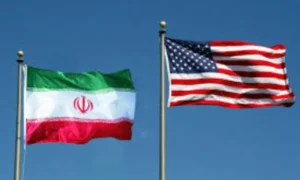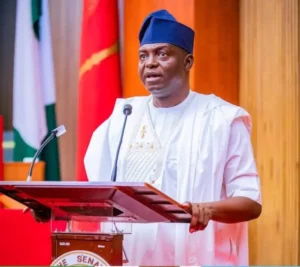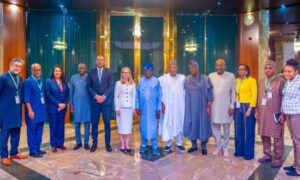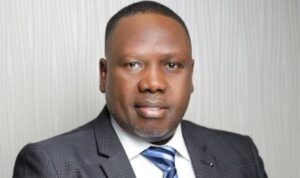The World Bank has advised the federal government not to reverse the ongoing economic reforms. According to the World Bank, rolling back these changes could lead to negative consequences for Nigeria’s economy.
One of the key reforms, the removal of fuel subsidies, along with the end of multiple exchange rate systems, were policies introduced by the new administration on its very first day in office.
While the government has consistently supported these changes, many Nigerians have raised concerns about the hardships they’ve brought, especially on the cost of living.
For instance, the price of fuel, which was N198 before the subsidy was removed, has now surged to over N1,000 per liter. Likewise, the naira, which was traded at less than N600 to one US dollar, now stands above N1,700 in the parallel market.
Speaking at the launch of the Nigeria Development Update (NDU) report in Abuja, Dr. Ndiame Diop, the World Bank’s Country Director for Nigeria, emphasized that although these reforms are causing difficulties, they are essential for the country’s future stability.
Dr. Diop warned that going back on these reforms would be harmful and could cause major setbacks for Nigeria’s progress.
Similarly, the Minister of Finance and Coordinating Minister of the Economy, Mr. Wale Edun, expressed the government’s determination to maintain these reforms, stressing that abandoning them would waste all efforts made so far.
Edun explained that the focus of the government is on fighting inflation and attracting investments into critical sectors such as industry, which would create jobs for Nigerians. He added that large investments are expected in the near future.
This isn’t the first time the World Bank has called on Nigeria to stick to its reforms. At the Nigerian Economic Summit (NES30) last week, the World Bank’s Senior Vice President and Chief Economist, Mr. Indermit Gill, also urged the government to continue with the ongoing changes despite the hardship they are causing.
However, not everyone agrees. The Country Director of ActionAid Nigeria, Andrew Mamedu, criticized the comments from the World Bank, calling them insensitive to the struggles that Nigerians are facing.







